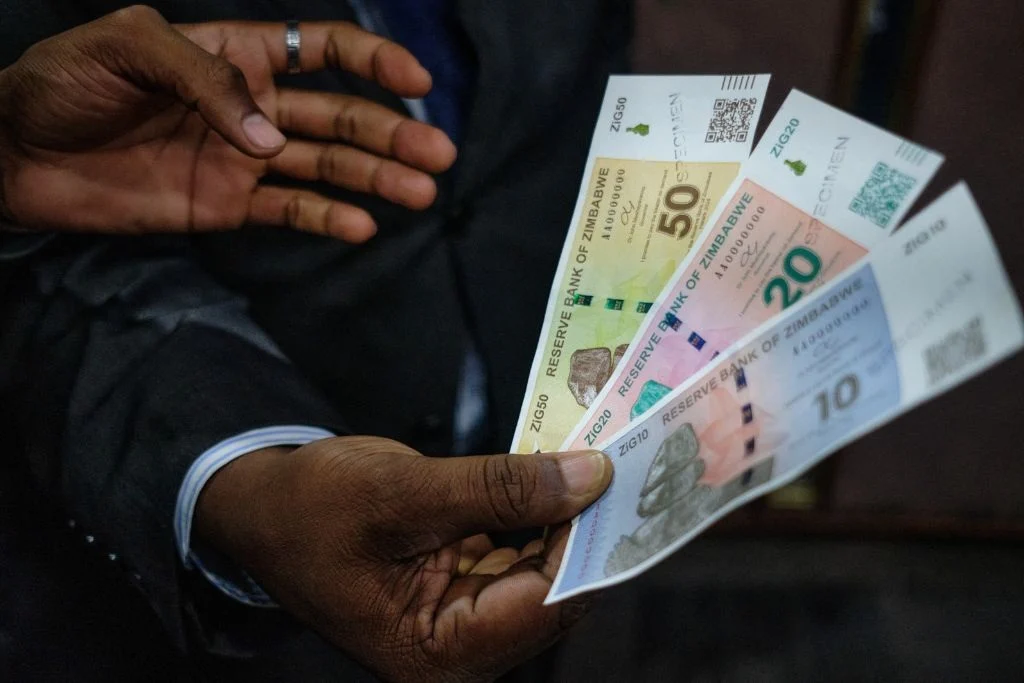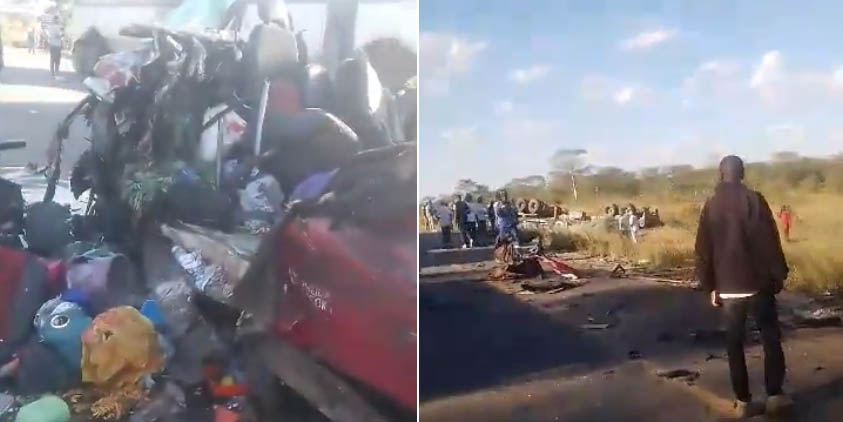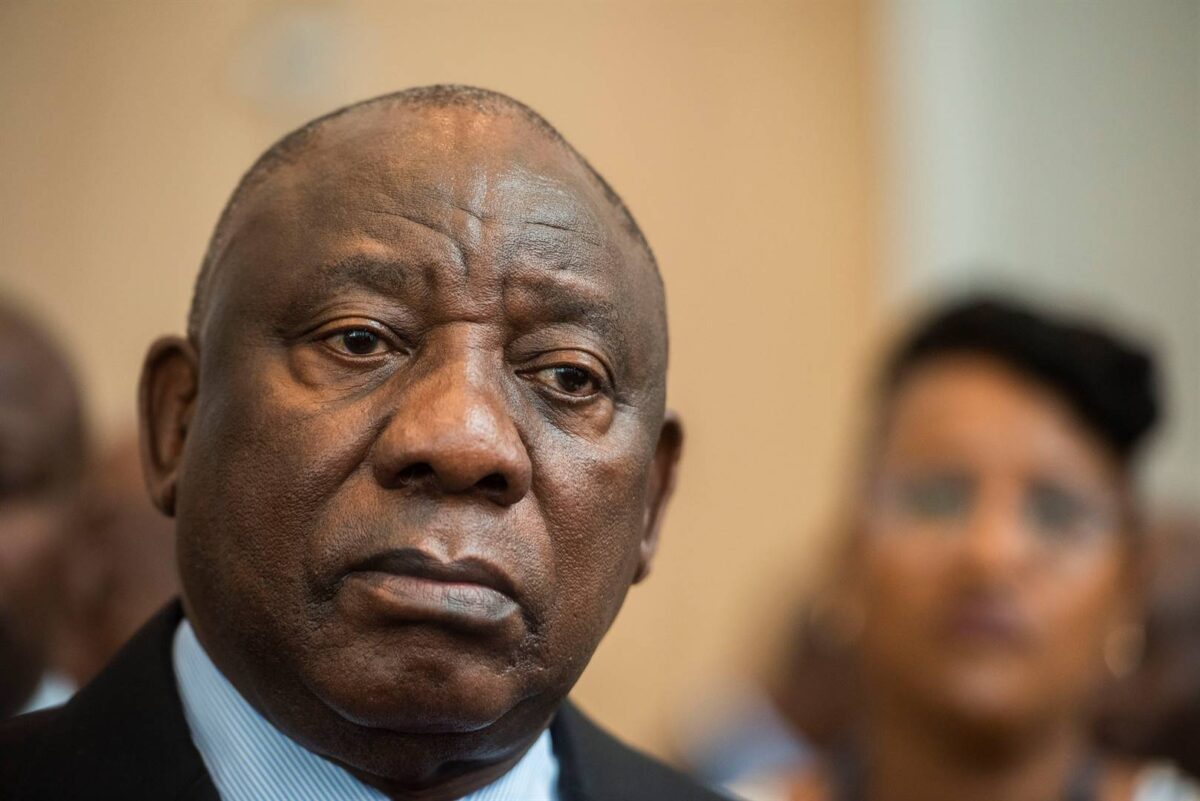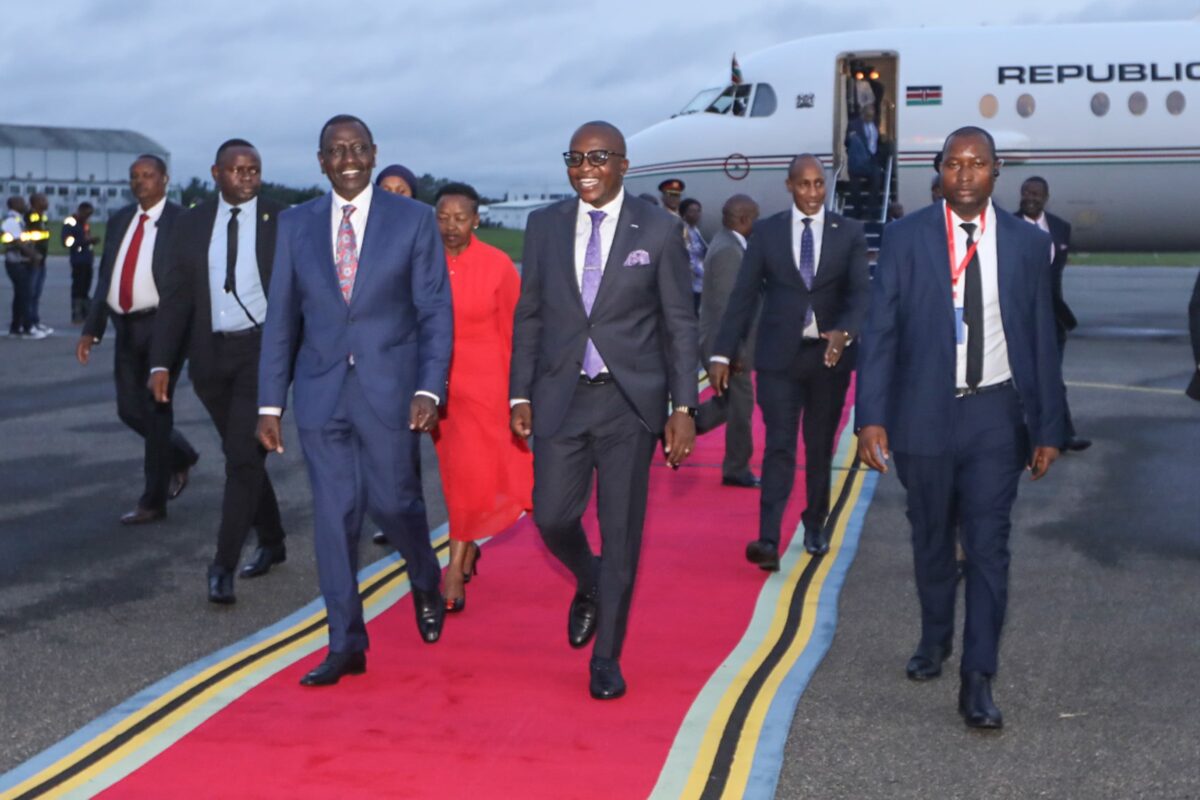KINSHASA, Congo — Congo was wrapping up its second day of voting Thursday after a chaotic rollout and lengthy delays forced officials to extend the balloting in the general election.
The problems drew criticism from some opposition candidates as concerns mounted that the logistical hurdles could affect the credibility of the results.
At stake was the future of one of Africa’s largest nations and one whose mineral resources are increasingly crucial to the global economy.
Congo has a history of disputed elections that can turn violent, and there’s little confidence among many Congolese in the country’s institutions.
President Felix Tshisekedi, who is seeking his second and final five-year term, has spent much of his time in office trying to gain legitimacy after a disputed 2018 election.
Some 44 million people — almost half the population — were expected to vote in this year’s presidential contest and in legislative and provincial elections held simultaneously.
Tshisekedi was the likely winner of the presidential ballot, as the opposition was fractured.
Voting stations that didn’t open Wednesday allowed people to cast their ballots between 6 a.m. and 5 p.m. on Thursday, according to a statement from the electoral commission. Voters are given 11 hours to vote from the time a voting station opens and many stations were expected to be open late into the night.
Polling places that completed voting began counting results late Wednesday and into the morning.
The initial results will start being announced on Friday, said Didi Manara, a high ranking official with the election commission in an interview with local radio Thursday.
The Electoral Observation Mission of the National Episcopal Conference of Congo and the Church of Christ in Congo said Thursday that more than 27% of voting stations didn’t open, there were 152 reports of violence, confrontations or brawls and reports of more than 74% of voter interruption.
This was based on a sampling of 1,185 reports and it was unclear how many reports were sampled.
“There are many citizen who were not allowed to vote because they didn’t have their names on the lists … there were stations that opened at 2PM., some at 7AM, 3PM., this is discouraging, frustrating and it creates tensions. It also impacts the credibility of the voting process,” said the Rev. Eric Nsenga, a coordinator for the mission.
“It is clear that in this entire voting process we recorded things that stood out, incidents that we never noticed in former election processes,” he said.
Opposition leader Moise Katumbi said Thursday the election was marred by widespread fraud, violence against his supporters and the inability of several people to vote.
However, he claimed the results “so far collected across the country and compiled by our monitoring centers” show he is “far in the lead.”
Local residents stayed outside some sites through the night to monitor the counts and were still there, struggling not to nod off, on Thursday morning.
“It is important for me to be a witness in order to protect the voting process. Sometimes they steal our votes; that’s why we were sent here to protect our voting process,” Moise Ibadu, one of the unofficial monitors, said.
Some people who were unable to vote because the machines broke down tried to return Thursday to cast ballots but found their stations closed.
“I am disappointed because I couldn’t vote, and I am not alone. There are many other people who couldn’t vote,” said a 45-year-old woman who did not want to be named.
But not everyone agreed the voting should have been prolonged.
“What happened yesterday was just sabotage of the electoral process,” said Bienvenu Matumo, a member of the rights group LUCHA.
“The law makes no provision for extension, but this is a fait accompli on the part of (the election commission),” he said.
On Wednesday, some people waited for 10 hours or more to vote. Associated Press reporters saw frustrated voters at one station in the capital, Kinshasa, aggressively try to push past police in riot gear. At least one station didn’t receive materials until an hour and a half before it was scheduled to close.
In conflict-riddled eastern Congo, displaced people said they couldn’t find their names on voter lists. In the city of Bunia, a voting center was vandalized in a dispute between the electoral commission and voters, and gunshots in the area prevented people from voting.
Fighting between more than 120 armed groups for land and power, and to protect their communities, has been ongoing for decades in the east but has worsened in recent years with the resurgence of the rebel group M23, which has seized territory and displaced millions of people.
Some displaced people who were unable to register due to the violence tried in vain to use older electoral cards Wednesday and were turned away.
Wednesday’s chaos came as no surprise to election observers and Congo experts, who have been warning for weeks that massive logistical challenges could hamper the vote’s rollout and threaten its credibility.
Election observers say they’re preparing for the post-electoral period, when the results could be contested. Nicolas Teindas, the director for the international observation mission for the Carter Center, warned that there were high levels of disputes in the past.















